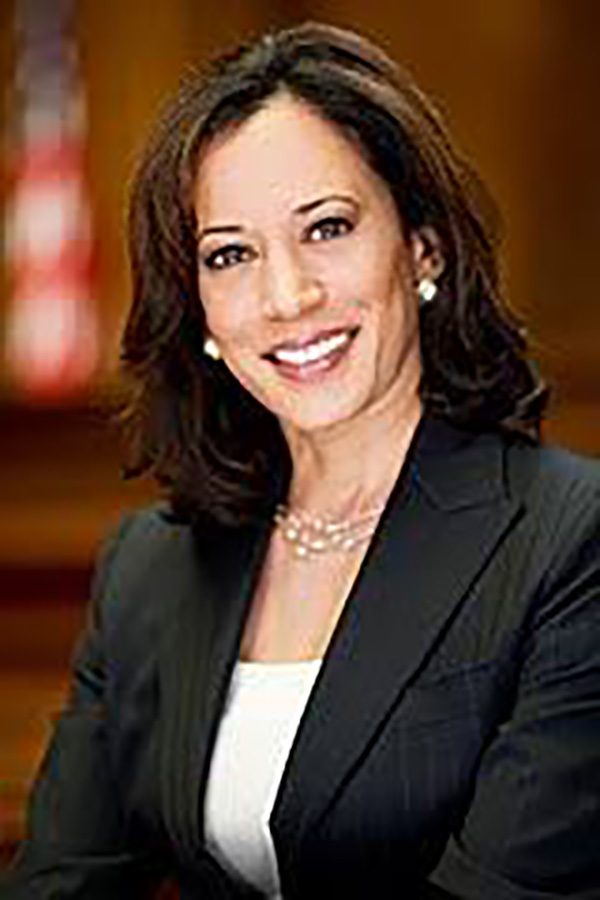Kamala Harris Kicks off Presidential Campaign
February 15, 2019
California Senator Kamala Harris launched her official presidential campaign for the 2020 election on January 21. If she is nominated, she will be the first South Asian female party candidate.
Then again, Harris is used to being a woman of many firsts.
Sen. Harris is quite the pioneer; she is the first person of South Asian descent to serve as a Democratic senator and the first woman elected as District Attorney of San Francisco. Additionally, she is simultaneously the first woman, the first African-American, and the first person of South Asian descent to become Attorney General of California. An impressive career to say the least—it isn’t surprising that her launch of a presidential campaign has set the Twitterverse on fire. However, not all of that buzz has been celebratory.
Senator Harris has been immersed in diversity and culture since she was born. She is the daughter of a Jamaican Stanford University economics professor and an Indian scientist of breast cancer, and is the granddaughter of an Indian diplomat. Childhood experiences included traveling to various countries (including her mother’s home in India), attending both a Hindu temple and a black Baptist church, and even seeing the 1960s civil rights movement as a child, which influenced her to want to be involved in the law. Her childhood and background have definitely influenced her views on critical justice; according to her official Twitter page: “I am a daughter of parents who met when they were active in the civil rights movement. Nobody had to teach me about the disparities in the criminal justice system. I was born knowing what they are.”
Her career in politics has reflected consistency. As district attorney, her office was accused of unfair and harsh treatment of prisoners. Harris fought backlash and has publicly defended her decisions. She went on to become an Attorney General. Notable events that occurred during her post as AG include the commencement of the Bureau of Children’s Justice in California, the prosecution of gang members with ties to human and drug trafficking, and involvement in a Supreme Court case where she was ordered to improve conditions and treatment of prisoners.
Senator Harris’ positions are decidedly liberal; she was a leader of the fight for marriage equality and has advocated raising minimum wage substantially. She does not support the death penalty (although her beliefs were tested many times during her career as Attorney General). She supports clean energy and believes in climate change. She has often opposed or expressed concern over the Trump administration’s foreign policy moves, and is an outspoken opponent of the border security measures taken by President Trump and members of his cabinet, saying “As a career prosecutor, I actually went after gangs and transnational criminal organizations. That’s being a leader on public safety. What is not, is ripping babies from their mothers.”
As far as public opinion, so far, reactions have been mixed. Many potential voters have called Harris “the female Barack Obama” and have praised her views on gun law reform, her crisp and focused style of questioning in certain Senate hearings that have taken place since President Trump took office, and her dedicated role in speaking out against what some consider to be unjust violence at the border.
Sen. Harris has also inadvertently drawn quite a lot of opposition, or at least skepticism, even in the Democratic party (although many Republicans have wasted no time in decrying the Senator, such as Tomi Lahren and Trey Gowdy). A lot of the opposition comes from a belief that the Senator is all talk and no action. Others are concerned with certain decisions she had made in cases during her career before she was a senator. Many members of minority groups fear that people will vote based solely on representation, and as frustrated Internet commentator and author Nikita Oliver put it, “Representation without transformation (of the system) is the equivalent of us electing our overseers… I want a progressive candidate who is both representation and transformation.”











